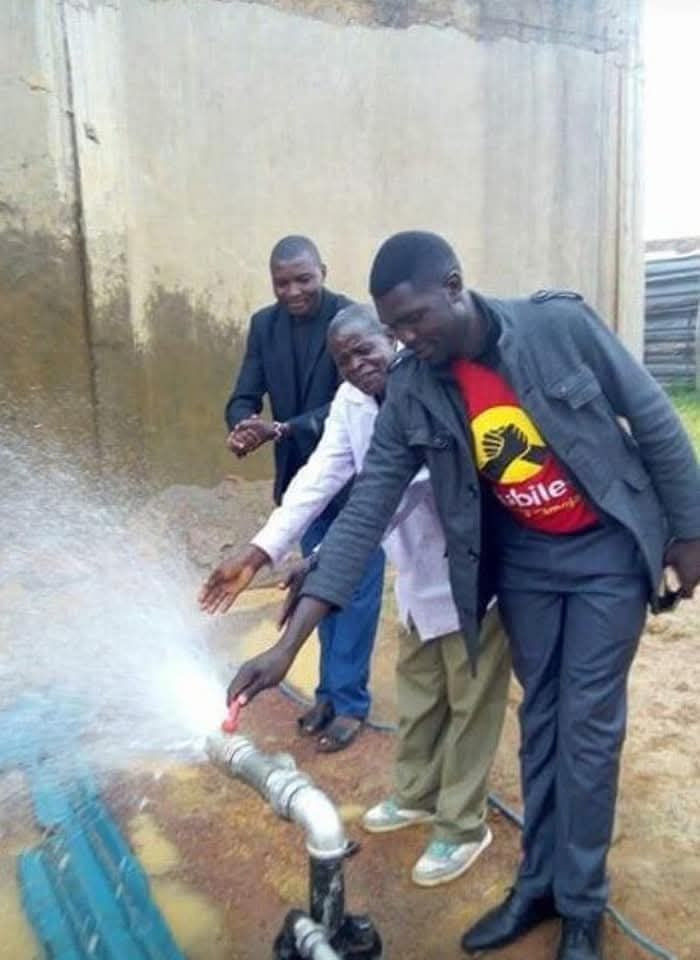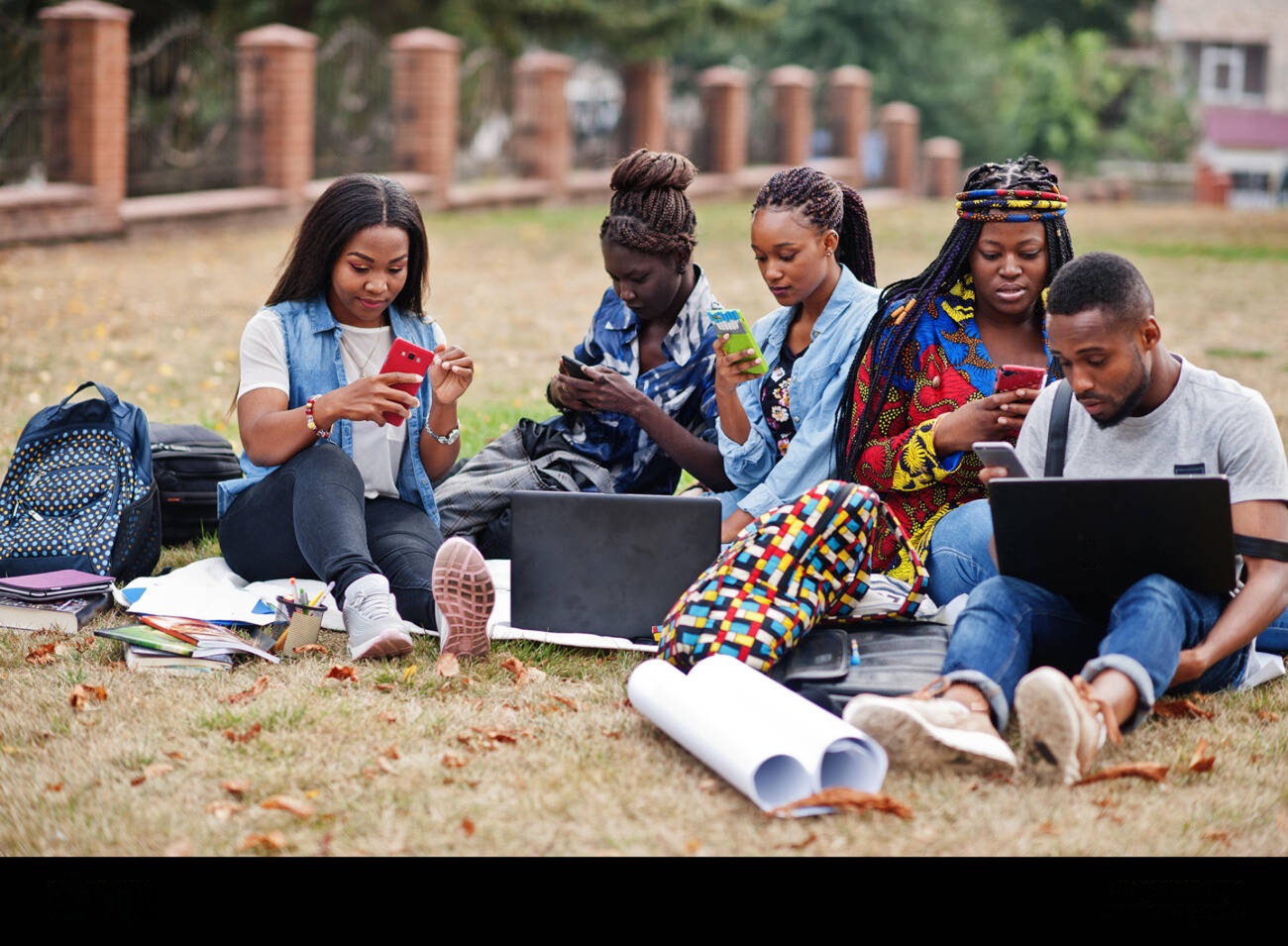Every school holiday, communities witness a troubling rise in teenage and irresponsible sexual behaviour. Hospitals record more cases of teenage pregnancies, sexually transmitted infections, and abortion-related complications. Parents report behavioural changes, social workers raise alarms, and teachers return to classrooms after the break to deal with the consequences. While many people attribute this spike to moral decay, the reality is far more complex. Teenage sexuality is shaped by a mix of psychological, social, economic, and environmental factors, all of which intensify when learners step out of the structured world of school.
Loss of Structure and Unsupervised Free Time
Schools provide routine, order, and predictability—elements that hold young people accountable and keep them occupied. During the school term, learners follow a strict timetable: classes, assignments, group work, games, and extracurricular activities. The school holiday disrupts this structure completely. Suddenly, teens have long stretches of idle, unmonitored time. For many, boredom quickly becomes a gateway to experimentation. When days are unplanned and parents are absent, curiosity easily turns into risk-taking. Young people naturally look for stimulation, and without guidance, this search can lead to sexual activity driven by impulse rather than informed decision-making.
ALSO READ;
Corruption at the top: How greedy school heads are bleeding their institution’s dry
Reduced Parental Supervision
Most parents and guardians continue working during the holiday, leaving teenagers at home with minimal supervision. Even in homes where adults are present, the assumption that “they are old enough to behave” often leads to negligence. With no one monitoring where they go, who they meet, or how they spend their time, teens gain the freedom to explore relationships secretly. Visits to friends, unsupervised social gatherings, and extended hours outdoors provide opportunities for risky encounters. Supervision—whether physical or through close communication—is central to guiding teenage behaviour, and its absence opens doors to influences that parents may never see.
Peer Pressure and Group Influence
Adolescence is a stage where peer acceptance matters deeply. During holidays, when school-based restrictions disappear, teenagers spend more time with their peers. Some of these peers model responsible behaviour, but others encourage early sexual experimentation. Teenagers often feel compelled to fit in, look mature, or match the experiences others boast about. In peer groups where sexual activity is normalised or glamorised, those who are inexperienced may feel inferior or pressured to participate. Group conversations, dares, and subtle competition push teens to cross boundaries they would normally avoid.
Exposure to Social Media and Sexualised Content
The holiday season comes with increased screen time. With school out of the way, many teenagers find themselves spending hours online—scrolling TikTok, Instagram, Facebook, Snapchat, and streaming platforms. Much of the content they consume is sexualised or suggestive. Influencers portray relationships as glamorous, fun, and consequence-free. Sexual challenges, dances, and trends circulate widely, shaping attitudes. For teens who lack solid guidance, social media becomes a silent teacher—one that rarely promotes responsibility or self-control. Increased access to pornography also fuels curiosity and leads many to experiment with practices they do not fully understand.
Lack of Meaningful and Engaging Activities
Many communities do not provide structured holiday programmes for young people. Sports, talent development programmes, mentorship opportunities, church youth events, or educational camps are either scarce or expensive. As a result, teenagers are left with limited constructive activities. When they have nothing meaningful to do, risky behaviour becomes a form of entertainment. Boredom, restlessness, and the desire for adventure drive them to seek excitement in relationships or physical intimacy. Providing safe, engaging alternatives is crucial in reducing harmful behaviour.
Emotional Vulnerability and the Search for Belonging
Teenagers are navigating intense emotional transitions: identity formation, self-esteem struggles, and the desire for acceptance. School often provides social support through teachers, mentors, guidance counsellors, and stable friendships. During the holiday, these emotional support structures fade away. Teens may feel lonely, misunderstood, or isolated at home. In this emotional vacuum, romantic relationships appear attractive—offering validation, affection, and a sense of belonging. This emotional neediness makes them vulnerable to manipulation by peers or older individuals who exploit their search for love, attention, or approval.
Experimentation and Identity Exploration
The adolescent brain is wired for novelty. This is the age where curiosity peaks, and teenagers want to understand themselves, their desires, and their place in the world. When school is in session, experimentation is constrained by routine and accountability. During holidays, those restraints loosen, providing room for exploration. Unfortunately, many teenagers experiment without proper knowledge about sexuality, consent, emotional readiness, or consequences. With little guidance, curiosity can lead them down dangerous paths that impact their future.
ALSO READ;
Mass exit looms as JSS teachers accuse KUPPET of betrayal, neglect
Cultural Norms and Social Influences
The holiday season is characterised by increased movement, social festivities, and community events. Some cultural settings expose teenagers to harmful norms—where early relationships, transactional sex, or exploitation by older individuals is common. In some communities, festivities involve alcohol, late-night events, and crowds where supervision is minimal, making it easy for teenagers to engage in hidden activities. Additionally, some families assume that talking about sexuality encourages immorality, leaving teenagers to learn from peers and media instead of receiving informed, values-based guidance at home.
Inadequate Sexuality Education
Many teenagers rely on myths, misinformation, and half-truths from peers when it comes to sexuality. Comprehensive sexuality education is still lacking in many schools and homes. When curiosity arises during school breaks, teenagers turn to friends, online content, or pornography for answers. This misinformation leads to irresponsible behaviour, unprotected sex, emotional trauma, and avoidable health risks. Empowering teenagers with accurate information is not corruption—it is protection.
In conclusion, the rise in teenage and irresponsible sexual behaviour over the school holiday is not the result of a single cause. It is a web of influences—loss of structure, peer pressure, digital exposure, emotional vulnerability, and inadequate supervision. Understanding these factors allows parents, teachers, community leaders, and policymakers to work together in creating safe, engaging, supportive environments for young people. A teenage-friendly society is one that listens, guides, and protects—especially when school doors close.
By Ashford Kimani
Ashford teaches English and Literature in Gatundu North Sub-county and serves as Dean of Studies
You can also follow our social media pages on Twitter: Education News KE and Facebook: Education News Newspaper for timely updates.
>>> Click here to stay up-to-date with trending regional stories
>>> Click here to read more informed opinions on the country’s education landscape






